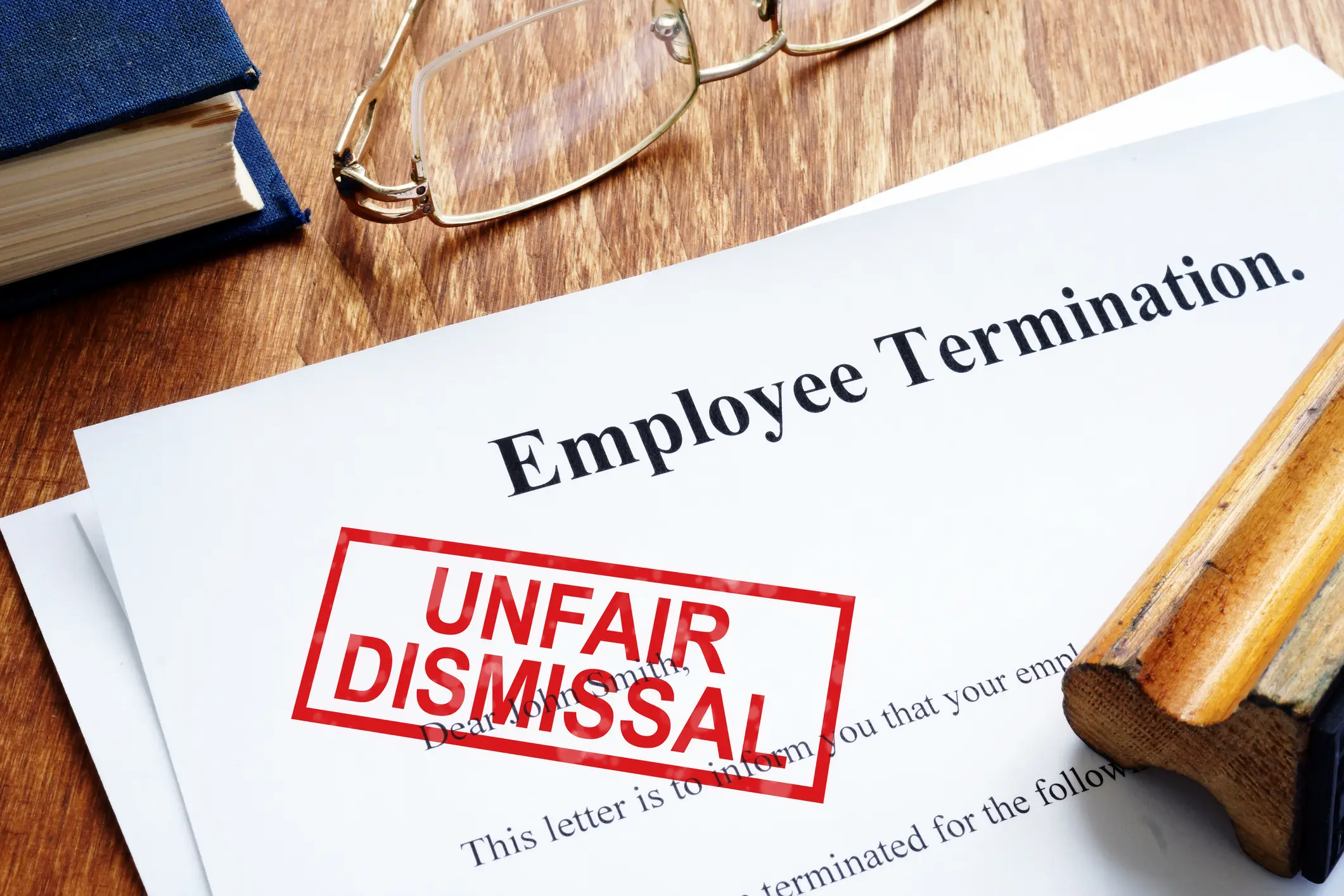Connecticut is an at-will employment state. What this means for the employee is that, in general, an employer can fire you for any reason it wants to. Of course, there are limits and exceptions to this right, and not all job terminations are legal. Stanfield Bechtel Law is an experienced Connecticut employment law firm that defends the interests of workers who have been wrongfully terminated. What follows are seven reasons your employer can let you go – and seven it cannot.
Seven legal reasons you can be fired
As a basic rule, employers can fire their employees whenever they want. Some examples of valid reasons to terminate include situations in which:
- The employee is not doing his or her job. When you are hired, you are expected to perform certain minimal job duties. Absent a valid reason that you aren’t doing your work (such as taking legally permissible leave), non-performance allows your employer to fire you.
- The employee is not meeting performance expectations. Construction workers are expected to finish projects on time. Lawyers are expected to advocate for the best interests of their clients. Not doing your job is a reason to get fired, and so is not doing your job properly.
- The employee lied about his experience or background. Every employee exaggerates to some degree on their resume. But outright lies about where you went to school, for whom you worked, and what your job qualifications are will earn you a quick trip to the unemployment line.
- The employee violates a policy manual or company rule. Many employers hand out employee manuals or copies of company rules that every worker is expected to follow. Flouting these rules, for example, by constantly coming to work late, will probably cause you to lose your job.
- The employee engages in workplace harassment or other inappropriate behaviors. A good way to quickly get fired is to harass, discriminate, or otherwise act inappropriately towards other employees. Because employers can be sued for permitting a hostile workplace, you are highly likely to be fired for engaging in this behavior.
- The employee presents a safety threat. Employers are not only sensitive to hostile work environments but also dangerous ones. In an age in which workplace violence is tragically the norm, businesses would be irresponsible to allow any person on their premises who threatens others – including employees.
- The employee violates an employment contract. Employment contracts are common in many industries. They may curtail the employee’s freedom to compete directly, steal customers, or operate side businesses. Some agreements require employees who are trusted with confidential company information to safeguard it. An employee simply won’t last if he or she breaches an employment contract.
Seven reasons an employer cannot fire you
Conversely, there are many ways an employer can violate state or federal law, or incur a civil lawsuit if it fires a worker. Here are a few examples:
- Discrimination based on race, gender, sex, religion, nationality, sexual orientation, disability, or membership in some other protected class
- Firing a union employee in violation of the terms of a collective bargaining agreement
- The employee refuses to do something illegal to protect the employer or another worker, such as filing a false tax return or committing fraud
- Termination that violates either the federal Family and Medical Leave Act (FMLA) or its state counterpart, the Connecticut Family and Medical Leave Act (CTFMLA)
- Firing a worker for exercising constitutionally protected freedoms or those secured by the Civil Rights Act and similar state and federal laws
- Retaliation against a whistleblowing employee, a worker who takes legal action against the employer, or an injured employee who files a workers’ compensation claim
- Termination that violates the employee’s rights under an employment contract, which can give rise to a civil cause of action against the employer
Were You Illegally Fired? Our Connecticut Law Firm Can Help
If your employer let you go and you believe it was for one of the illegal reasons listed above (or on some other improper basis), it’s time to explore your legal options. You may be able to seek damages, including the payment of your lawyer fees and court costs. The employer could even be ordered to reinstate your employment. To learn more, contact Stanfield Bechtel Law.


